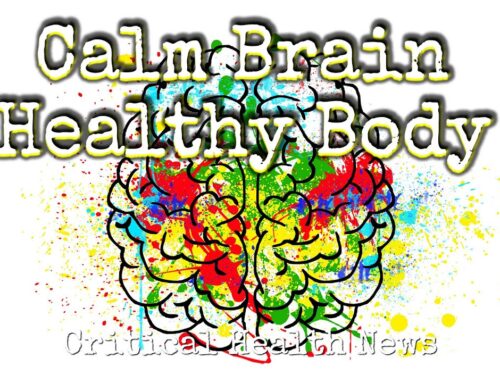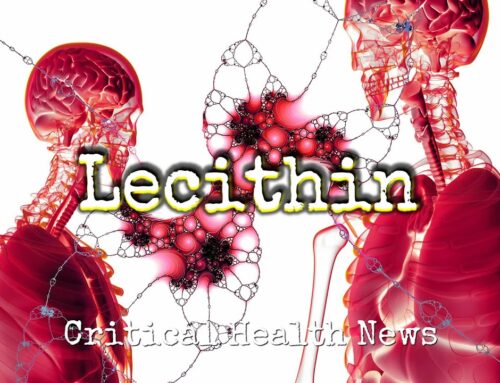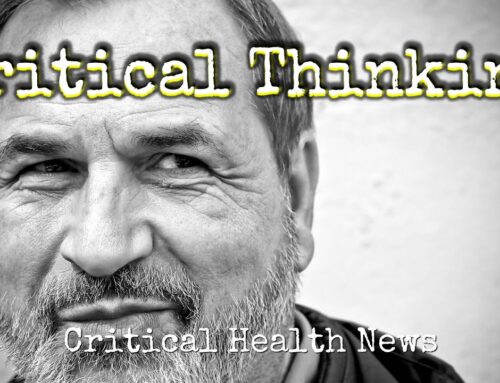One of the most common and multi-functional molecules in the natural world is lecithin, a fatty substance found in pretty much all cells, bacterial plant and animal. But Lecithin is no ordinary fat. It’s a water-soluble one, at least partially, and this makes it ideal for breaking down or emulsifying nutrients in the intestine, which it does in the form of bile, whose dry weight is 25 percent Lecithin.
Lecithin is much more than an emulsifier. It’s also important for neurology, largely because it carries a little piece of phosphorus with it. Known as the light bearer, the electromagnetic properties of phosphorus are so prominent that the atom, which can be made to glow in the dark by reacting with oxygen, was the ancient Greek astrologer’s name for Lucifer, the morning star aka the planet Venus.
In the human body, phosphorus conducts electricity and generates energy fields very effectively, which makes the lecithin that contains it an invaluable substance for the nervous system. In fact, the brain’s dry composition is 30 percent lecithin.
If you’re looking for a good mental health supplement, try using lecithin granules and oils, which are inexpensive and non-toxic and can be very helpful for mental health. They’ve been used to support cognitive functioning in the elderly, who may find they can also improve speech, motor and movement functioning as well.
It’s found naturally in eggs, fish and organ meats. Supplemental lecithin, which comes from soybeans and sunflower, is readily available. Because plants that contain lecithin can also be subject to exposure to poisonous pesticides and fertilizers, best bet is to use organic lecithin, which is easy to find in most health food stores.










